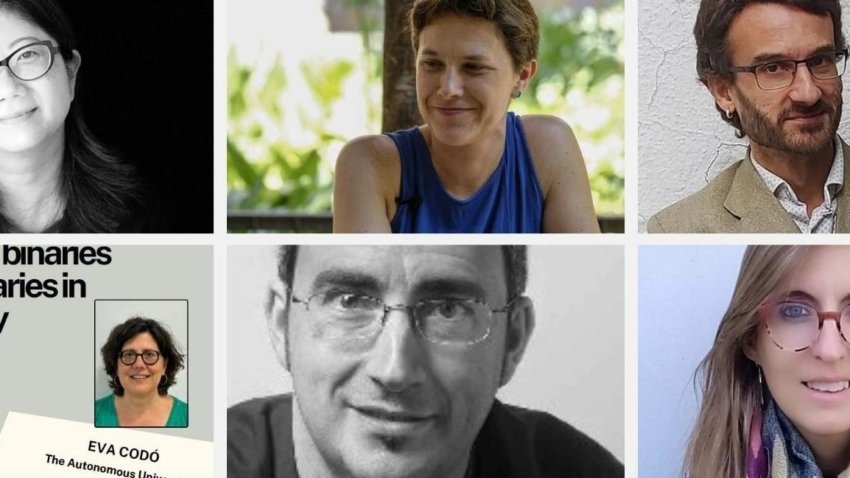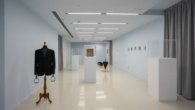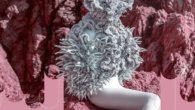The first to start activities this otoño has been the Josep Pla Chair at Stanford University, which has as a teacher visiting Oriol Ponsatí-Murlà. Bajo the title Saved in Translation: An intellectual Topography of the Mediterranean, from Classical Antiquity to Nowadaysthis course explores, at the Largo of 10 Weens, the Paper of the Mediterranean as a space of Cultural Encounter and Intercamination, from the clásic antiquity to the present. The course pone the acement in the central role of translation – from Griego to the Arabic, from the Arabic to the Latin, from Griego and the Latin to the Romanesque language – in the configuration of what we understand by “western culture”. The objective is to trace a cultural topography that so much how these diálogos and translations have shaped fundamental ideas of the western tradition and have contributed to their dissemination in all the world.
In sepien also start the first edition of the Itinerant Chair of Nacswhich will take place at the University of Massachusetts-Amerst from September 29 to October 3. To the teacher of the professor H. Rosi Songwill combine academic research, dissemination and gastronomic experience. Song will present the project Relish (Reframing European Gastronomy Legacy Through Innovation, Sustainability and Heritage)that rethinks the receptas as Herramientas Educativas linked to cultural identity, sustainability and the climate change, in an abiert act to the public with the collaboration of the Restoration Services of the Campus. Además, will give a session in the course Spanish/Catalan 330, Food and Famine in Spanish Literature and will pronounce a conference in the Five College Consortium on Catalan national gastronomy and identity. It will also include encounters with students of Catalan studies posgrado.
At the end of sepie Jaume Subirana (UPF) will participate as a teacher invited in the Joan Coromines Chair of the University of Chicago, taught the course Literary Polysystems in Spain: Liteature, Language, and Placein which he will explore the diverse and rich heritage of the Iberian Peninsula, which has persisted in the Larg of History, despite the homogeneizing fuerzas of globalization. The coexiscence of different language and literatures offers an extraordinary laboratory for cultural research, and what some understand as detained, peculiar or simple curiosidades are, in realities, vibrant cultural community and prose. The Surgimiento and Creimiento de Tradiciones Literarias in Asturiano, Euskera and Gallego will be addressed, with the objective of reflecting on the concept of “tradition” in the contemporary literary creation through the study of three fundamental works in Catalan literature: Broken mirror, The gray notebook and Shudder memory.
From 6 to 10 October, the Mercè Rodoreda Chair of the Graduate Center of the City of New York Acgerá at Eva Codó (UAB) In a seminar where the linguistic politicians in Catalonia will be examined in the last decade.
The professor Míriam Cabré (University of Girona) has been invited to the California-Berkeley University to make a teaching stay between October 27 and November 19, 2025. Cabré will participate in the Seminar Culture and Power in Medieval Iberia: The Catalan Troubadours. Asymism, it will take part in some sesiones with the students of the classes of Catalan that the teacher teaches Ana-Belén Redondo.
Finally, Marta AntonProfessor Associated at UPF, will give a Seminar on Picasso y Cuba: (re) Decolonial interpretations in art and literaturein the Chair of Catalan Culture of the University of La Havana. The objective of the Seminar is analyzed the artistic resonancias on Picasso in the plastic arts and the Cuban literature presented in the work of prominent painters and cuban writers of the 20th and 21st centuries.
In addition to expanding the academic exchange in the scholarship of the Catalan studies with the main university centers of international prestigio, these activities are clearly aligned with the strategic ejes of the Institut Ramon Llull To support creators, academic and intellectual to the end of participating and influencing the debate on the great contemporary deeds and in the emerging tendencies from their own, plurals and critics.









